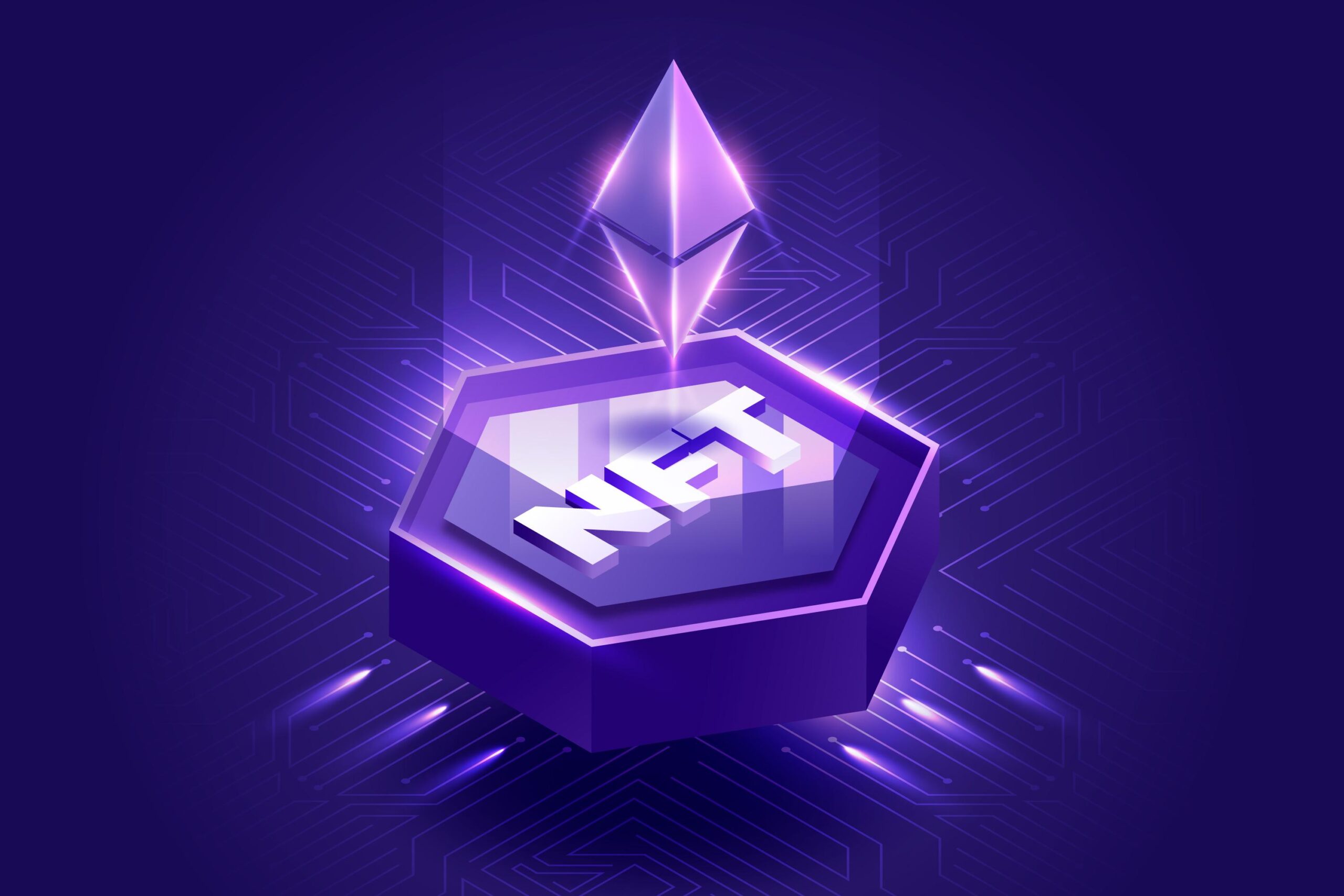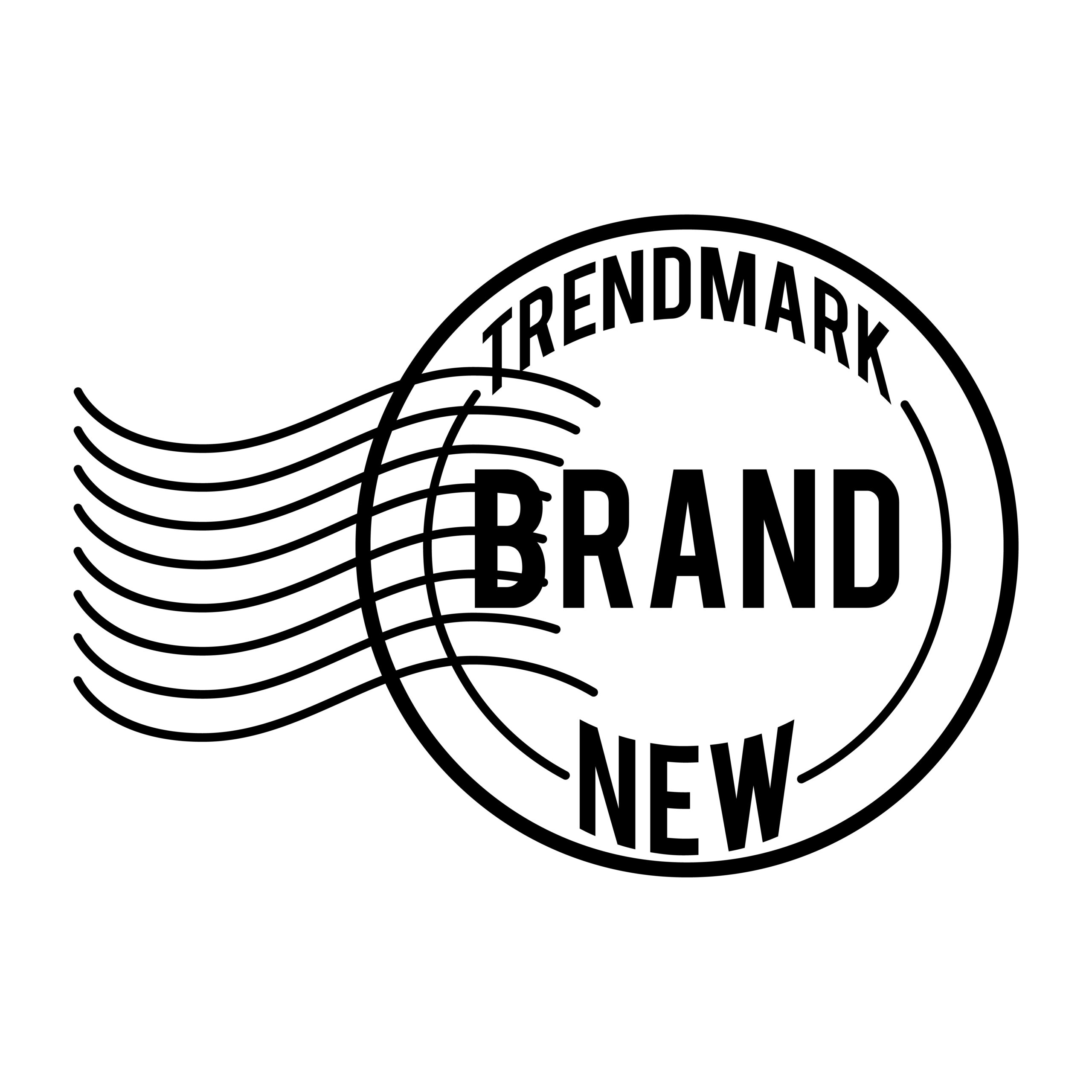When we talk about Non-Fungible Tokens (NFT’s) we are essentially talking about the world of digital art and assets, 2021 marked a revolutionary change with the rise of non-fungible tokens (NFTs).
NFTs are unique digital assets stored on blockchain technology, making them secure, verifiable, and one-of-a-kind. Unlike cryptocurrencies, which are interchangeable, NFTs represent ownership of a specific item, such as digital art, music, videos, or virtual goods.
2021 became a pivotal year for NFTs as they surged in popularity, with creators, collectors, and businesses rushing to explore this new opportunity. High-profile sales like Beeple’s $69 million digital artwork auction at Christie’s and the growing interest in metaverse platforms launched NFTs into mainstream attention. This boom not only created opportunities for artists and brands but also brought major legal challenges, particularly in intellectual property rights.
So, what does this have to do with Trademarks?
The rise of non-fungible tokens (NFTs) has created exciting opportunities for artists and businesses but has also led to increasing trademark disputes. NFTs—unique digital assets such as art, music, or virtual goods—often reference well-known brands, which can result in unauthorised use and consumer confusion.
Example: The National Basketball Association (NBA) partnered with Dapper Labs to create NBA Top Shot, a platform selling officially licensed digital collectibles featuring highlights from NBA games. Similarly, Nike’s “Cryptokicks” initiative uses blockchain technology to authenticate digital shoes, showcasing how brands can leverage NFTs to engage audiences and drive innovation. Nike’s approach to protecting and leveraging its trademarks in the digital space aligns with its broader strategy of using trademarks as powerful marketing tools. To learn more, read our article on How Can You Use Your Trademark as a Marketing and Promotional Tool.
These examples also underline the importance of protecting intellectual property in the digital space. Unauthorised uses of similar assets can lead to significant legal and reputational risks. Traditional trademark laws, designed for goods and services, often fall short when applied to digital assets, leaving brands vulnerable.
To address this, businesses should:
- File a UK trademark application for both physical and digital assets.
- Expand protection with EU trademark registration or international trademark registration to safeguard their intellectual property globally.
For a real-world example of these challenges, see our MetaBirkins: A Case Study in Trademark Disputes with NFTs, which explores one of the first major trademark conflicts in the NFT world.
Our Thoughts
In the fast-evolving NFT space, monitoring trademarks is as vital as securing them. Regularly tracking potential infringements ensures unauthorised uses are addressed promptly, protecting your brand from reputational and financial harm. Our comprehensive Trademark Monitoring and Representation services provide peace of mind by keeping your intellectual property under constant watch.
Combining proactive monitoring with robust protection strategies—such as submitting UK trademark applications or pursuing international trademark registrations—is key to defending your brand’s reputation.
Need help protecting your brand in the digital era? Contact us for expert advice on trademark monitoring and trademark registration.






